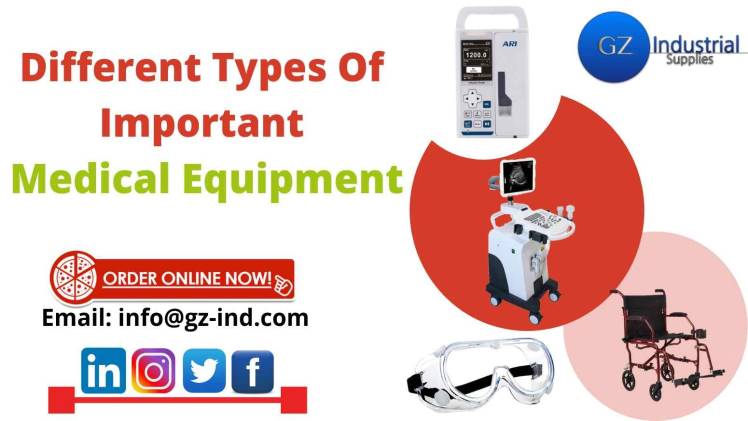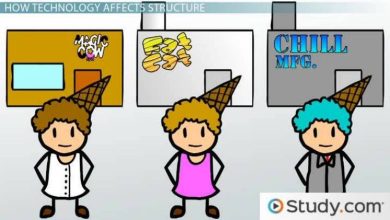3 Fascinating Medical Products and Their Uses

The world of medicine and healthcare has always been at the forefront of new developments. These can come as the result of medical research or because of technological advancements that allow the creation of new pieces of medical equipment that can offer patients improved forms of treatment and care. One such example is the development of the MRI scanner. This device uses magnetic resonance to create images of the body in three dimensions. It allows patients to be assessed internally, without the need to use invasive methods of surgery to understand the extent of their injuries or medical conditions. Medicine has a wide range of fascinating products and devices that seek to improve the quality of service that the healthcare industry can provide for its patients. This article describes three other fascinating medical products and their uses in modern healthcare.
Electrocardiographs
Electrocardiographs (or ECGs) have helped to transform the assessment and treatment of patients with suspected heart conditions. This device was invented by Dutch scientist, Willem Einthoven, and measured voltage changes on the surface of the body that was a result of a patient’s heartbeat. Early machines were imprecise. However, in the early 20th century, modifications and improvements to the equipment were made that allowed more accurate measurements of a person’s heartbeat to be gained. Today, ECG machines are a vital tool in the world of healthcare. By getting an accurate reading of a patient’s heartbeat, abnormalities can be detected in the rhythm of the heart, which often signifies serious medical problems. Patients who experience angina or have a heart attack will receive an ECG assessment, which can help to indicate the nature and severity of the heart problems, allowing suitable treatments to take place.
Food Thickening Agents
A stroke is a medical emergency that is caused by a bleed on the brain or a blockage in one of the blood vessels in this area. It can lead to paralysis (generally down one side of the body), difficulties in speech, and increased levels of confusion. Timely treatment and rapid assessment in a hospital or dedicated stroke facility are key factors in the recovery of stroke patients. Many stroke patients will suffer from difficulties in swallowing as a direct result of having suffered from this medical emergency. This condition is known as dysphagia and can make eating and drinking both difficult and dangerous, as there may be an increased risk of choking. Thankfully, a recent development in medicine has allowed gel-based thickening agents to be created, such as can be seen on the following website. Food thickening agents can be mixed in with pureed food and beverages, so that they can be consumed far more easily by people with dysphagia. This type of medical product has helped to improve the lives of millions of people who suffer from this condition.
Defibrillators
As a final point, the use of defibrillators in the healthcare industry has become common to treat patients with life-threatening heart problems, such as cardiac arrest and heart attacks. Defibrillators work by delivering a controlled electrical shock to the chest, which is then transferred to the heart. It is a common misconception amongst the general public that defibrillators are used to start the heart. It is quite the opposite. Defibrillators are designed to stop the heart from beating in the hope that the body will then restart it and a normal heart rhythm can occur once more. These devices have been instrumental in saving the lives of millions of cardiac arrest patients worldwide and are one of the most important pieces of equipment carried by paramedics in pre-hospital emergency care.





